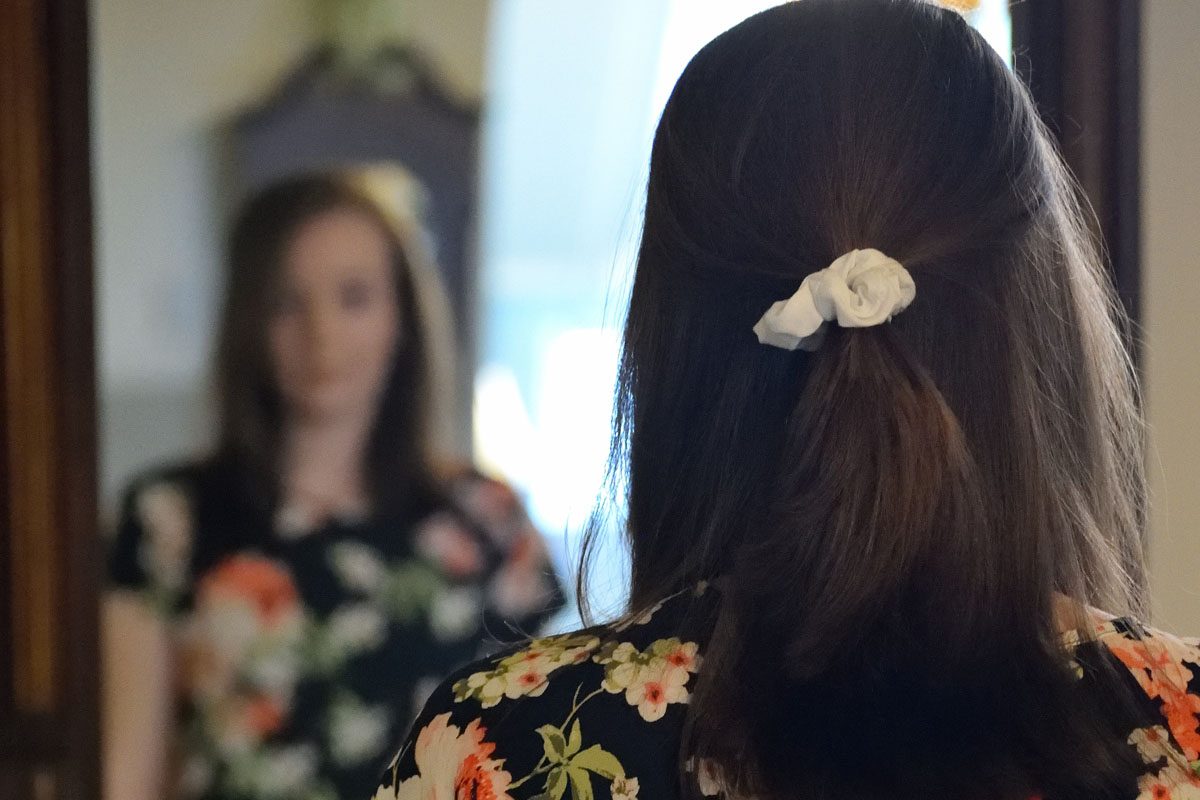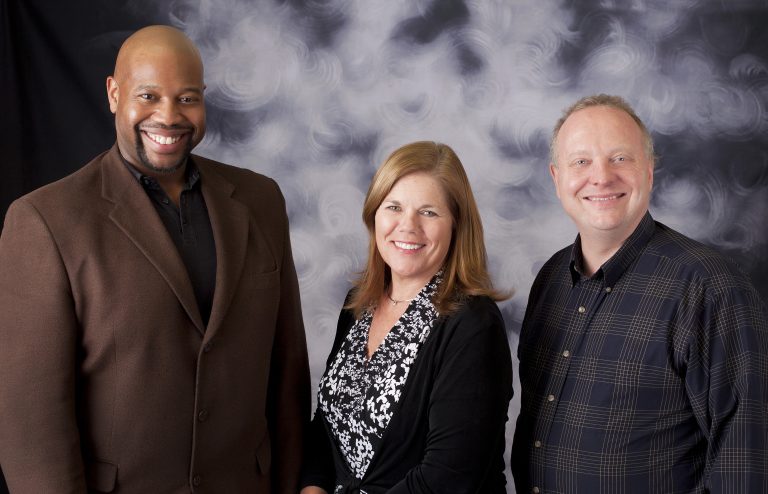Blog

As human beings, emotions are a natural way that we not only communicate our feelings, but they can also be a healthy expression of everyday situations and interactions. No emotion is good or bad, as they are all needed and natural. Nevertheless, the way we choose to express emotions can sometimes be deemed negative or positive based on societal standards. For example, although anger is a natural emotion, if someone chooses to express that emotion by punching a hole in a wall most would deem that negative (i.e., a negative behavior). When an individual participates in anger management, they are not learning how to stop being angry so much as manage their expression of anger. If every time you got angry you expressed it through quiet meditation, most people would not say you have an anger management problem.
Most individuals in this society have put labels on emotions that can be problematic when working on issues in therapy. If you believe it is bad or wrong to feel jealousy, envy, anger, frustration, depression, etc., it could lead to negative outcomes. For example, if you feel that all the aforementioned emotions are negative, you may choose to suppress them, ignore them, or even criticize yourself for feeling them. Since emotions are like physical matter (meaning they can’t be destroyed, only transformed), those emotions can end up transforming in unpleasant and sometimes unpredictable ways; for example, high blood pressure, ulcers, headaches, increased irritability, insomnia, hypersomnia, etc. So, what started off as anger, could end in high blood pressure if it is not managed appropriately.
Through counseling, new ways can be found to manage these emotions in a healthier way.
There are times that these emotions become so problematic that we start to look at them as clinically significant. For example, if someone’s depression continues for a long period of time or is episodic despite various situations, clinicians may assess a depressive disorder. It is important to understand that there are very specific criteria that designates a disorder. In other words, just because you’ve been sad for 2 weeks doesn’t mean that you have a depressive disorder. It becomes very important to get a professional assessment to determine if treatment is needed, and if so, what treatment is needed. Make sure you work with your treatment provider to determine what is best for you.
It is also important to note that problematic depression isn’t necessarily clinical depression (this can be said about all the emotions). In other words, you may get a professional clinical assessment only to determine that you do not have a disorder but there are problems that need rectifying. Therapy can be very helpful for situations like this as well. Untreated problematic depression can become clinical. By going to therapy when it is only problematic, helps possibly prevent more serious issues. This is similar to going to your primary care physician for a wellness check, or seeing your physician after you have experienced a few problems. Your physician may not diagnose you with a disorder or disease, but they may be able to help prevent diseases or disorders by suggesting you change your behaviors or eating habits. It’s important not to wait until situations become unmanageable before seeking help, whether it’s physical issues or mental issues.
If you are in need of mental health counseling, please reach out to our associates at Behavioral Health Services of Greater Cleveland at one of our two locations: Rocky River and Medina. Family, individual, and couples counseling are available. Please call (866) 466-9591 ext. 0 for an intake.
Related Posts
Founded in 2008, BHSOGC has delivered professional Psychology Services to the greater Cleveland area with offices in Medina and Rocky River. We are a multi-disciplinary group practice with a clinical staff of psychologists, licensed social workers and masters level therapists.




